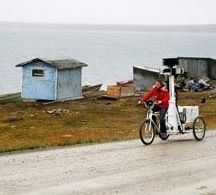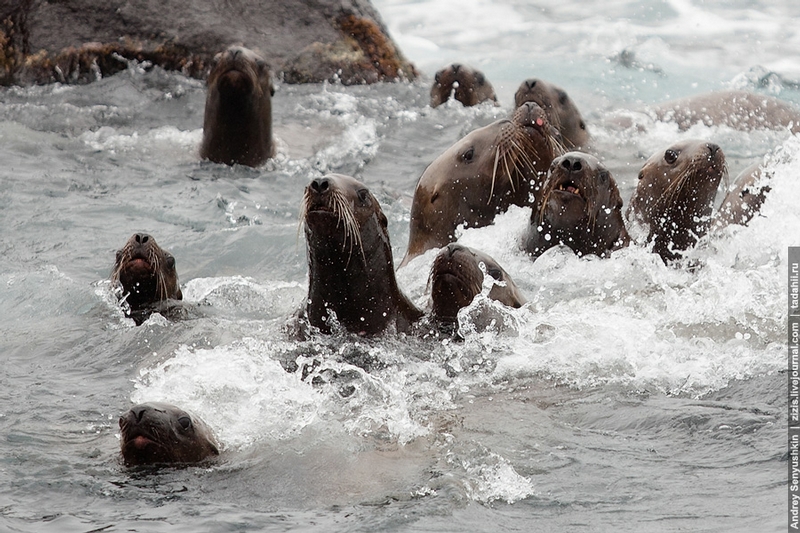The South’s relationship with the Democratic
Party is in flux, and its future is entwined with race, poverty,
immigration and education, a panel of UNC Chapel Hill experts told
journalists on Sunday.
“The South is no longer either Mayberry RFD or the booming
sunbelt,” said professor Jesse White, who specializes in growth and
economic development.
He was one of eight speakers who talked about what the South is
and what it’s becoming at a forum on “The South and Presidential
Politics 2012: Red States and Purple States.”
About 120 people attended the forum at The Charlotte Observer,
hosted by the UNC School of Journalism and Mass Communication. Most were
journalists covering the Democratic National Convention, along with a
smattering of local guests, including Charlotte Mayor Anthony Foxx and
former Mecklenburg County commissioner Parks Helms.
The event, which journalism school Dean Susan King introduced as
“a wonk parade,” featured a battery of data about political and
demographic trends in Southern states.
Ferrel Guillory, a journalism professor who wrote an analysis for
Saturday’s Observer, showed one map of repugican dominance and another
charting Democratic gains in the 2008 election.
“I think that the big question facing us in this election is which map prevails,” Guillory said.
Scott Keener of the nonpartisan Pew Research Center said white
voters in the South are much more likely than their white counterparts
elsewhere to vote repugican and support repugican presidential candidate Mitt
Romney. Black voters inside and outside the South are strongly aligned
with Democrats and President Barack Obama, while the growing Hispanic
minority in the South could take a much stronger role in future
elections, as children reach voting age, he said.
“This is really a ticking time bomb, in some respects, for the repugican party,” Keener said.
Some panelists said poverty has been ignored by both parties, even as it has grown more prevalent in the South.
“We have more poor people and more political leaders who are
untroubled by it than other parts of the country,” said law professor
Gene Nichol, director of the Center on Poverty, Work and Opportunity.
Several speakers said the South’s economic boom has been stalled
by the recession and increased global competition, especially for
low-wage jobs. Creating a better-educated work force is a key to the
future, they said.
“Southern workers have to become more skilled, and whether or not
there’s the political will to bring this about is a key question,” said
Peter Coclanis, a history professor who specializes in economics and
business.
Kareem Crayton, an associate law professor who studies race and
politics, said North Carolina is unique among Southern states in
maintaining a significant Democratic presence and in “racial coalition
building,” though he questioned whether those coalitions will prove
lasting.
History professor Jacquelyn Hall said she thinks today’s racial
rifts come not from the legacy of slavery and racism in the South but
from “deliberate policies and deliberate propaganda” that have been part
of the repugicans’ Southern strategy.
“Part of that strategy had to do with demonizing the policies
that came out of the civil rights movement,” Hall said, citing
affirmative action, busing “and, of course, ‘the welfare queen.’ ”
King said the panel was designed to be nonpartisan, though some
remarks were more tilted toward the Democrats’ view than she expected.
The forum was linked to the convention but not sponsored by it.
Besides the Observer and the UNC journalism school’s board of
advisers, sponsors were Ken Eudy, a marketing consultant who was once an
Observer political reporter and later executive director of the N.C.
Democratic Party, and Cathy Roche, a retired Duke Energy communication
executive.
More Information












 Cambridge
Bay, Nunavut, Canada, isn't the northernmost place mapped by Google
Street View, but it is one of the most inaccessible. There are no cars
there, just a few trucks. The citizens get around on snowmobiles, and
traffic in and out of the community of 1,477 people is by plane.
Everyone there know how to find their way around. But an Inuit
geographical-information-systems coordinator invited Street View to come
map the area anyway.
Cambridge
Bay, Nunavut, Canada, isn't the northernmost place mapped by Google
Street View, but it is one of the most inaccessible. There are no cars
there, just a few trucks. The citizens get around on snowmobiles, and
traffic in and out of the community of 1,477 people is by plane.
Everyone there know how to find their way around. But an Inuit
geographical-information-systems coordinator invited Street View to come
map the area anyway. Austin
Chapman is profoundly deaf, but with new hi-tech hearing aids he
recently received, he was able to hear music for the first time in his
23-year life.
Austin
Chapman is profoundly deaf, but with new hi-tech hearing aids he
recently received, he was able to hear music for the first time in his
23-year life.





 Birds and berries to be surveyed
Birds and berries to be surveyed Scanning plan to aid home robots
Scanning plan to aid home robots




















